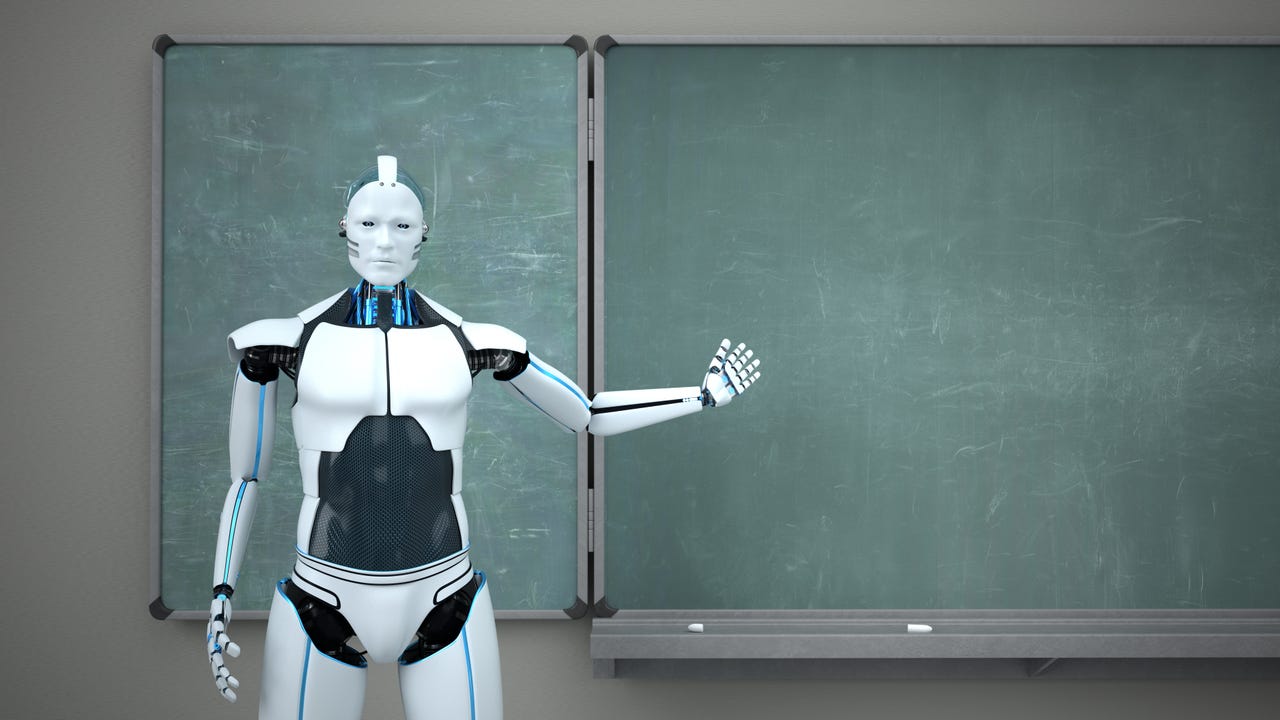Teachers are using ChatGPT more than students. Here's how


ChatGPT's advanced technical capabilities, including writing and coding, have been a major concern for the future of the education system. People fear the AI chatbot's intelligence and wide accessibility will promote cheating among students.
In a surprising turn of events, one survey shows that teachers are actually using it more than students.
Also: How does ChatGPT work?
A study by the Walton Family Foundation found that within only two months of introduction, 51% of 1,000 K-12 teachers reported having used ChatGPT, with 40% using it at least once a week.
Only a third of students reported having used ChatGPT for school.
The teaching profession involves creative thinking on an everyday basis. When you walk into a classroom, everything from the lesson plan to the seating arrangement is the teacher's vision brought to life.
ChatGPT is a great tool to help spark that creative thinking.
Three in 10 teachers have used ChatGPT for tasks like lesson planning, coming up with creative ideas for classes, and building background knowledge for lessons, according to the study.
With ChatGPT, you can brainstorm ideas and get curated suggestions based on your input prompt. The chatbot's creative assistance can be helpful beyond the classroom, too, such as for daily ideation about workouts, dinner recipes, date nights, and more.
Also: ChatGPT productivity hacks: 5 ways to use chatbots to make your life easier
Three-quarters of the teachers said they believed ChatGPT could help them grow as teachers. Two-thirds reported they would prefer for people to spend time developing solutions for how to incorporate ChatGPT into teaching and learning.
These results are a sharp contrast to previous educator reactions. For instance, earlier this year the New York City Department of Education restricted access to the ChatGPT chatbot for both staff and students.